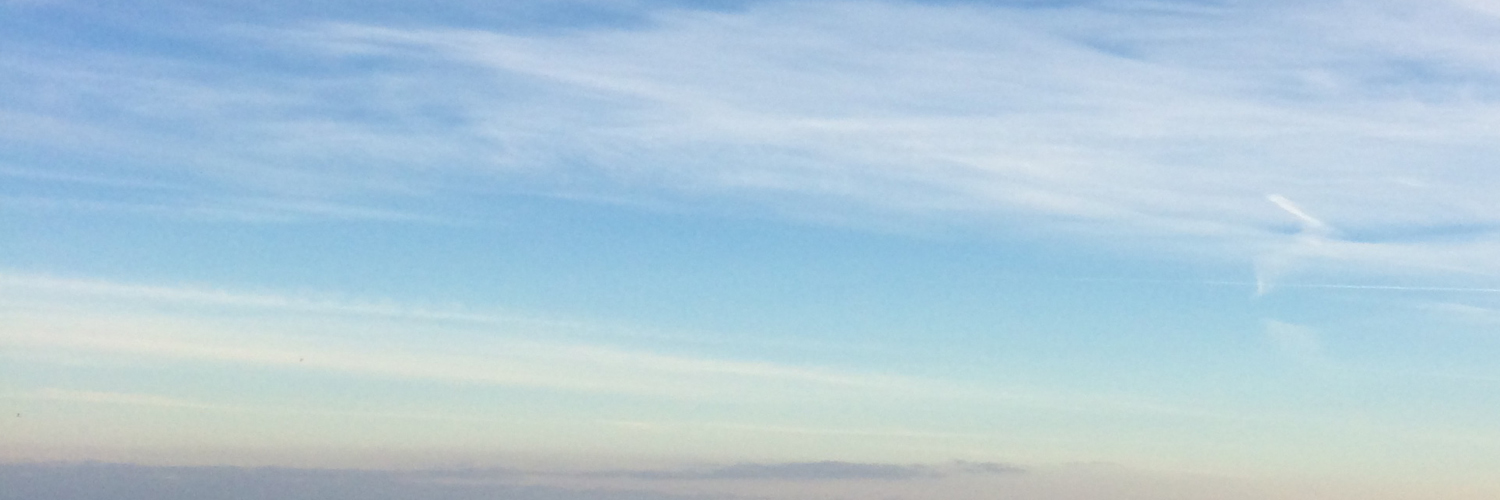
Brigid Yuknavitch
The line creates the possibility of the sentence opening and closing
like a valve, like a heart, like a voice, as time passes...
“Poetry Body Worker” Corporeal Writing 2015—present
Jungian Therapist LMHC Washington 2013—present
Psychodramatist 2002—present
Author: Lives of the Puzzleworkers 2006
Poetry Editor Two Girls Review 1996—1997
Poetry Editorial Staff The Northwest Review 1993—1994
Professor Poetry and Poetics, UC Riverside, University of Oregon 1985-1995
Ph.D. Literature in Poetry and Poetics, Brandeis University 1984
Psyche’s Horse
I offer guided explorations in the possibilities of poetic forms, both those received from tradition like ballads and villanelles and sonnets and those that emerge from the innermost rhythms of life and living that we humans share with other life forms like trees and tides and stars. Poetry can pull language back into connection with the body and other life forms through its rhythms and patterns.
Traditional forms and emergent forms both bring us to the threshold of creative process. Poetry has always generated new forms and new sensibilities by calling attention to how we use words to witness our experience. The guided practices at Psyche’s Horse gather around the uses of line, voice, forms and the poetic imagination. Whether you are beginning or continuing in your poetic practice or even some other medium, these explorations in form can be generative.
The metaphor “Psyche’s Horse” refers to the conjunction of creativity—and the horse—the bones and muscle and rhythm of a poem’s form.
Language finds a body in poetry.
A Creative Dyad: Poet and Reader
The practice of poetry imagines a reader
The heartbeat of this practice is the relationship we co-create as you discover your poetics. I first taught poetry and poetics in University classes. I left academia to become a psychodramatist and Jungian therapist, deepening my experience of how creative life comes forth within a practice and within a relationship. As I returned to teaching poetry outside academia I experienced even more fully how poetry is a practice of being and becoming, not unlike a tree growing or a bird singing.
We are together in this. You and I will enter into a creative dyad between writer and reader. I am a very experienced reader of poetry. As I become an experienced reader of your poetry, my responses to your work will evolve alongside your own discoveries.
You can choose a guided practice structured around essential poetic forms like line, rhythm and voice. Or, we can co-create a set of experiments that flow from what is bringing you to poetry. Poets enter creative process in different ways.
Whether you are following my lead or I am following yours, reading other poets will be a kind of shore to the sea of possibilities. As we learn together from your experiments you can begin to hear your own poetic voice and perceive emergent forms in your writing that you want to explore further.
An ongoing practice is deep personal work. Like dreaming, writing poetry comes out of the unknown and moves toward new forms.
A poem creates a voice that has never been heard before.

Reflections from poets I have worked with:
Brigid is a guide of image, language, and heart. I inhabit my place in the world more full-bodied through Brigid's artful teaching and brave engagement with my poetry. Brigid senses into, beneath, and between words with energetic clarity to help channel the poetics of lived experience. I trust Brigid soul to soul.
Jesse Sorrell
I have taken several of Brigid's Body Poetics online courses. She has so much to offer through her vast knowledge of poetic forms, her depth of seeing-reading student work and creating a space where other poets interact with sincere and supportive witnessing of each other. She calls forth my inner poet time and time again and I will continue to seek out her spacious, digital hearth.
Linda Kay
Working with Brigid was vital in the cohesion of my poetry pieces as a whole. She saw important words and themes I hadn't, which helped me carry those threads throughout. Her suggestive, but not harsh approach in editing of structure and punctuation was a big help to me as well, because I feel lost with these aspects in poetry, but a little less each time I get to work with her. Her strengths as an intelligent and intuitive, poetic human are so appreciated and I cannot wait to work with her again.
KG
I love taking poetry classes with Brigid. She creates a loving, creative, generous, and judgement free space that encourages depth, playfulness and experimentation. Her responses to my writing have allowed me to see the depth of language and process that are not at first self-evident to me. She often sees more and feels more that is resonant with my own meaning making process. I also appreciate the thoughtfulness that she puts into the design of the class and the writing prompts. Each course is wholly new, and abundant with Brigid’s spirit.
PL




